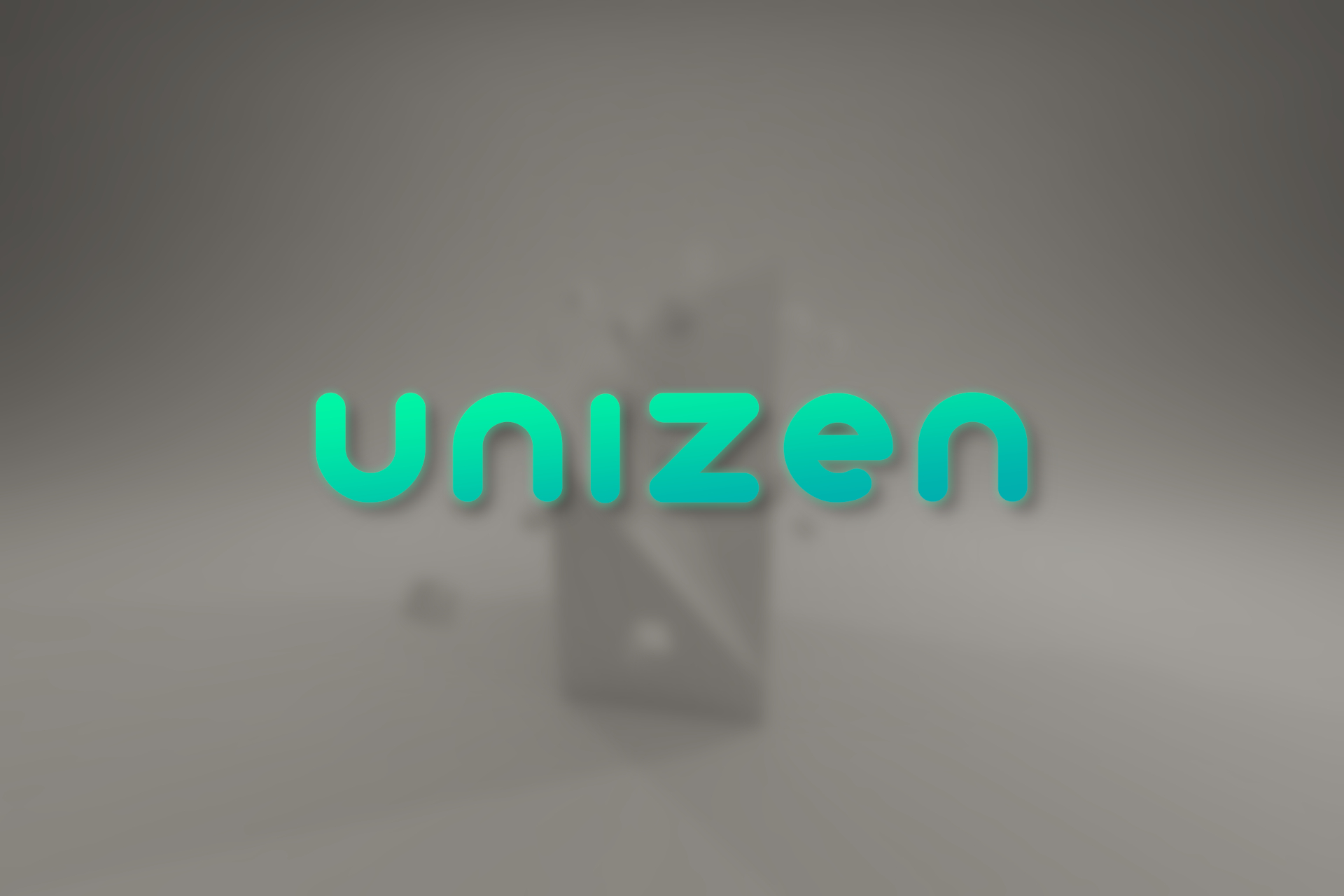
Key takeaways:
- In Centralized Finance (CeFi), users must give custody of their funds to a trusted organization such as a bank or a centralized cryptocurrency exchange
- Decentralized Finance (DeFi) eliminates the need for middlemen in financial transactions as in DeFi the transactions rely solely on technological solutions such as self-executing smart contracts running on a public blockchain
- The soon-to-be-established CeDeFi Alliance aims to combine the best of both worlds by bringing together DeFi projects and CeFi institutions
- The non-profit organization advocating for CeDeFi services will put great focus on their regulatory compliance
Centralized Finance (CeFi) is the legacy financial system
Let’s face it, centralized finance (CeFi) is the legacy financial architecture. The main characteristic of CeFi services is that they are run by centralized entities, such as banks, hedge funds, corporations, etc. Even though most blockchains are decentralized, there are many centralized companies operating in the cryptocurrency space that belong to the CeFi category – think of centralized exchanges (CEXs), centralized lending service providers (BlockFi, Nexo), and a vast number of other firms offering CeFi services to the crypto-savvy audience.
While CeFi solutions often offer higher liquidity, better user interface, and more flexibility (e.g. cross-chain exchange options), they do come with one big trade-off. Users of CeFi services need to entrust their funds to the company offering the services, which puts them at risk of losing their funds, should the organization that has custody of the funds go bankrupt, get hacked, or even misuse the funds and act against customers’ best interest.
Decentralized Finance (DeFi) replaced the “trust in people” with “trust in technology”
While the development of blockchains gave us the possibility to transact digital assets without a trusted middleman it is the smart contracts that made it possible to utilize these digital public ledgers for more complex value transfers, such as those in trading, lending, borrowing, or even insurance deals. Self-executing smart contracts thereby removed the need for a centralized institution acting as a middleman in these deals.
The “trust in people” (also trust in organizations) has been replaced by the “trust in technology”, which is the biggest pro of decentralized finance (DeFi), as its users don’t need to give up custody of their funds at any point. Furthermore, the DeFi sector is a place where very rapid innovation takes place. On the other hand, DeFi products are generally unregulated and the chance of having your funds stolen through exploited smart contract vulnerabilities is also a legitimate concern that should not go mentioned.
While the term DeFi was coined in 2018, the first platform with characteristics of a DeFi product, MakerDAO, was established already in 2017. DeFi’s popularity grew significantly throughout 2020 and in 2021 DeFi emerged as a serious competitor to CeFi solutions. According to DeFi Llama, almost $190 billion worth of digital assets is locked in various DeFi protocols today. In addition, many industry insiders believe that DeFi will steal a large chunk of the market share from CeFi in the forthcoming years.
Centralized Decentralized Finance (CeDeFi) combines the best of both worlds
Centralized Decentralized Finance is an innovative financial system that aims to fuse the best features of CeFi and DeFi. The ideal CeDeFi product, therefore, has the liquidity and ease of use of the CeFi, while also enjoying the security of the DeFi which minimizes the trust that must be placed in the centralized entity by removing the need for asset custody. The goal of CeDeFi is to make crypto assets accessible on the large scale and drive the wide adoption of blockchain through close collaboration between DeFi projects and CeFi institutions.
Unizen will set up CeDeFi Alliance, a crypto non-profit that will accelerate CeDeFi development and adoption
Unizen, a fully compliant cryptocurrency exchange that combines the features of CEX’s and DEX’s to meet the needs of both retail and institutional traders, has announced that they will establish CeDeFi Alliance – a non-profit organization that will seek to unite decentralized teams and centralized decision-makers. Unizen representatives hope that the two, typically opposing sides, will come together within the Alliance to discuss proactive cooperation.
Besides creating a partnership network, the Alliance will also lobby for CeDeFi’s interests with key stakeholders in the industry in order to grant its members unique institutional and governmental opportunities. However, for CeDeFi solutions to be used in these environments, the financial products need to be regulated and fully compliant with local laws and regulations, which is why discussions with the market regulating authorities will be on the top of the Alliance’s task list.
While the Alliance will primarily focus on financial solutions, the team will be on the lookout for innovative use cases of the centralized-decentralized approach in other industries as well. The press release notes:
“Blockchain and digital assets have the potential to disrupt multiple fields if centralized and decentralized players can find common ground for such partnerships.”
Jun Capital helps Unizen fund the CeDeFi Alliance
Unizen has also revealed that they have secured funding for the new CeDeFi Alliance from a leading crypto technology investment firm Jun Capital, which will also become a key member of the newly founded organization. However, the Alliance is not the first joint venture of these two organizations. Jun Capital and Unizen have already established themselves as drivers of the CeDeFi ecosystem as they have set up the first CeDeFi incubator – the ZenX incubator.
While the ZenX incubator helps teams with the development, promotion, and deployment of their CeDeFi projects from the technical and practical point-of-view, the CeDeFi Alliance will help the incubated projects in terms of complying with theoretical frameworks and regulations. In conclusion, should the CeDeFi Alliance live up to its full potential, we could soon be seeing rapid growth in the number of deployed CeDeFi solutions and their users.



